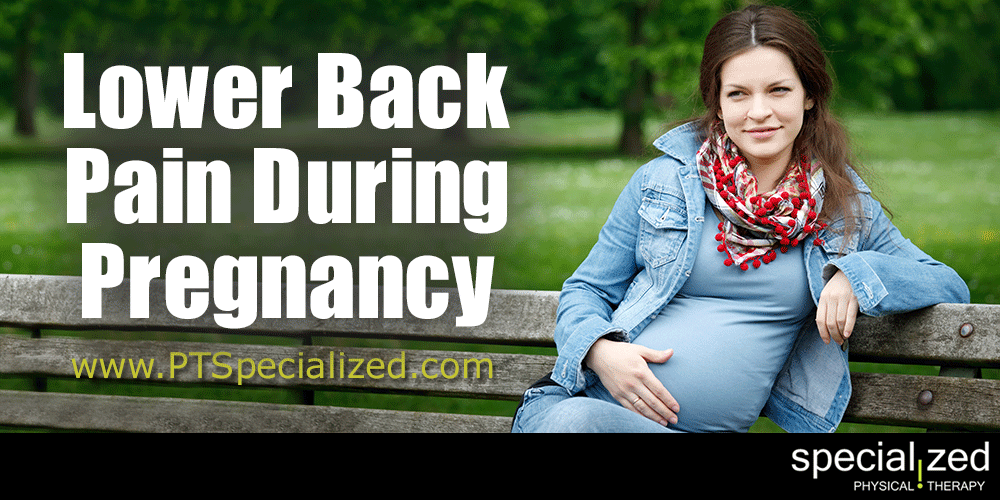Pregnancy is a time of serious change for a woman. In 40 weeks her body will go from everything being normal size and in the right place to body parts like her skin and uterus being stretched in a big way. Because of this she will go through a lot of discomforts, especially in the lower back.
Being comfortable at the middle and towards the end of pregnancy isn’t always possible
Back pain may be experienced during any point of pregnancy but it is most common in the later stages. It will disrupt your daily routine or interfere with a good night of sleep. Here’s why and what you can do about it.
Back pain during pregnancy can be caused by a lot of different things
Some women begin to have lower back pain with the onset of pregnancy and those at the highest risk are overweight or had back pain prior to pregnancy.
One cause is the increase of hormones which loosens ligaments and softens joints in preparation for childbirth. The hormones don’t differentiate pelvic ligaments and joints with others and that means those around your back are affected which affects the support your spine gets.
Other causes are a change to your center of gravity as your uterus grows; additional weight gain; changes in posture; excessive standing or bending; and stress.
So what can you do about it?
Ask your physical therapist for help with an exercise program that will strengthen your core. Be careful about how you lift things. Avoid high heels. Watch your posture. Whatever is the cause, do what you can to minimize it.
If you already have back pain, try ice or heat.
You can also try wearing a support belt designed for pregnancy to support your back and abdomen. Try sleeping with a pillow between your knees, or a body length pillow that will also support your abdomen. If the pain is particularly trying, talk to your obstetrician about what is safe to take to help the inflammation.
Keep in mind that there are times when back pain can mean something more serious.
If you experience any of the following, get in touch with your doctor immediately: severe back pain that is increasingly severe or happens very abruptly; rhythmic cramping pains which could be either preterm labor or if you are full term, back labor; or any abrupt pain followed by or accompanying bleeding.

